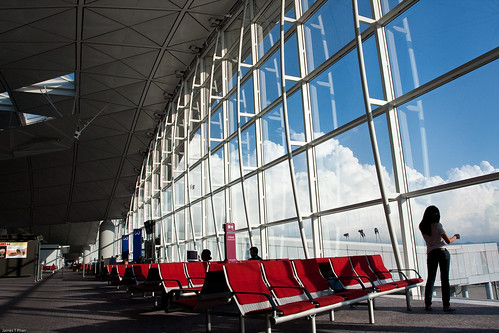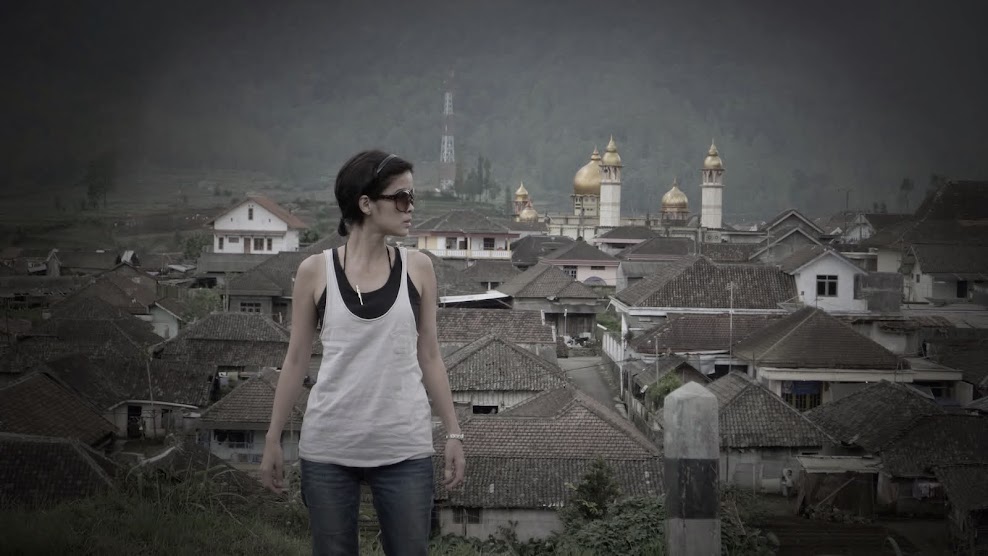The ways of transporting illegal drugs across borders are as creative as they are dangerous. Some hide the package in their cotton underwear; some surgically implant this in their abdominal cavity while some tuck it inside their genitalia.
But China would never tolerate it.
Last week, the whole country waited in bated breath as the government appealed to Chinese authorities to grant a reprieve to three overseas Filipino workers facing execution for drug trafficking.
The reprieve came for the three drug mules after the country’s vice-president, Jejomar Binay, went to Beijing to appeal on behalf of the Filipinos on death row. In response, China delayed last week’s scheduled executions but gave no new date.
It was a welcome decision to the desperate families of the Filipinos on death row in China, and to the victims themselves.
In 2008, the three overseas Filipinos have been convicted of smuggling drugs but the Philippine government argued in its appeal that all three did not know they were carrying heroin as they were simply duped by big drug syndicates that operate globally.
With Beijing’s decision to grant a reprieve, Filipinos heaved a sigh of relief.
Nevertheless, observers believe that long-term solutions must be put in place so that the problem of Filipinos being lured into drug trafficking is addressed for good.
A Filipino-Chinese anti-crime advocate based in Manila is raising hell over the government’s decision to appeal to China. In an article published on the Philippine website abs-cbnNews, Teresita Ang-See said: ‘The country should have tolerated the execution of three Filipinos on death row, out of respect to the laws of China.’
‘The three Filipinos knew they were dealing with drug syndicates,’ Ang-See continued. She served as interpreter for Chinese authorities who investigated the cases.
One of the three said she did not know that her luggage contained drugs. She thought there was nothing in it.
‘She was found to be carrying five kilos and she said she was carrying an empty luggage. It really stretches the imagination,’ Ang-See added. She firmly believes that the families of the victims knew of their loved ones’ dealings with international drug syndicates.
The issue sheds new light on the massive corruption in the country’s international airport.

Photo by Jametiks under a Creative Commons licence.
Ang-See said in the abs-cbnNews report that the three admitted that they did not pass through x-ray machines at the airports. ‘How could the drugs slip through the machines..? The government should find out who these people are,’ she said.
Another deeper issue highlighted by the case is the lack of support for the millions and millions of Filipinos leaving the country in search of gainful opportunities abroad.
Many of them are victims of illegal recruiters who are in cahoots with drug syndicates or human smugglers. They left their families in their home countries only to end up beaten and abused by their employers in distant lands; to be in jobs they did not sign up for; to be living in cramped sleeping quarters; to be locked up in jail or to be waiting on death row.
The horror stories can go on and on.
But it is only when three people are about to be beheaded that the government starts looking for solutions.
